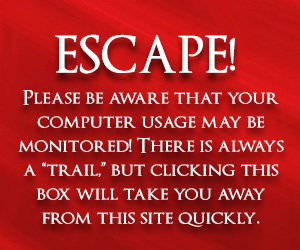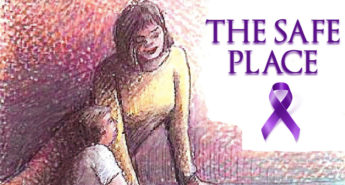 If you keep up with our blogs here at The Safe Place, you know we have been doing a miniseries on Teen Dating Violence. Last month was Teen Dating Violence Awareness and Prevention month and we here at Safe Place have a passion for making everyone aware of the dangers that can be going on in your teens relationships. In the last couple of blogs, we discussed what you could do to speak out about teen dating violence and the signs to tell your children to look for when entering relationships.
If you keep up with our blogs here at The Safe Place, you know we have been doing a miniseries on Teen Dating Violence. Last month was Teen Dating Violence Awareness and Prevention month and we here at Safe Place have a passion for making everyone aware of the dangers that can be going on in your teens relationships. In the last couple of blogs, we discussed what you could do to speak out about teen dating violence and the signs to tell your children to look for when entering relationships.
For this blog, we want to focus on how your teen can help friends who are in violent relationships. We realize that your teen may not always be the one in trouble, but feel it is still a good idea to have conversations with them letting them know what signs to look for because it could help them, but also their friends.
When talking about the signs to look for in abusive relationships (see our last blog post HERE), it is a good time to talk about how to help their friends. Remind your teens to look out for things such as:
- If their friend’s partner insults them in front of people.
- If they are worried about upsetting their partner.
- If they make excuses for their partner’s behavior.
- If their partner is extremely jealous or possessive.
- If their friend has unexplained marks or injuries.
- If their friend has stopped spending time with friends or family.
- If their friend is depressed, anxious, or if you notice changes in their personality.
If this is something they notice in their friend, encourage your teen to talk to you or their friend’s parents. Remind your teen to listen to their friend, to be supportive, and to remind their friend that they are there for them. It is also important to stress to your teens not to blame or shame their friends. This will likely push their friend away and more into the arms of their abuser. If your teen comes to you, help them come up with a safety plan and a safe word they can use to let people know they need help right away. Also, encourage the friend that is in the unhealthy relationship not to isolate themselves and try to stay in public areas when with their partner.
Going over these few small things could help save a teen from physical or emotional harm, or much worse. Having talks like these with your teens often can help more than one person. Stay tuned for the next blog, which will be the last in the miniseries, where we talk about break up tips.
If you or anyone you know is a victim of domestic violence call The Safe Place at 1-888-554-2501, our office at 501-354-1884, or our Perryville office at 501-889-2030.




Leave a Reply